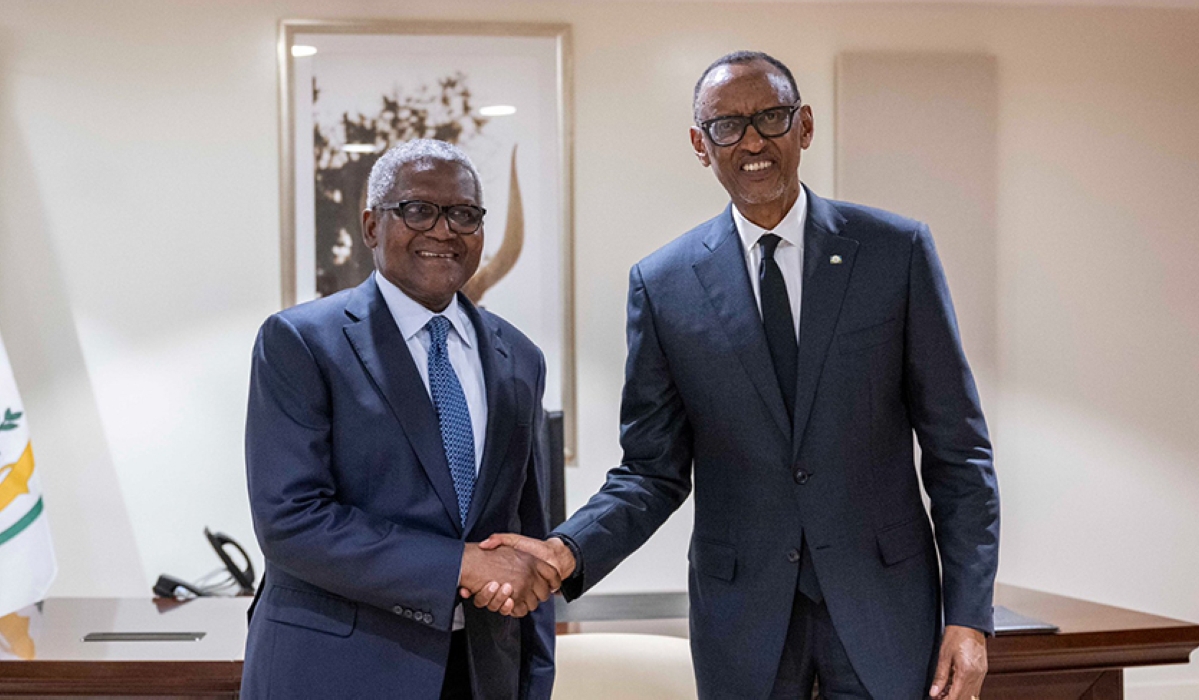Aliko Dangote has assured Nigerians that starting from June, there would be no need to import petrol into the country as the Dangote Refinery has a strategy to boost production.
Speaking during CEO Forum Annual Summit in Kigali, Rwanda, Dangote said his refinery is more than capable to meet the petroleum energy demand of the entire West Africa petrol and diesel and also Africa’s Aviation fuel needs.
“Right now, Nigeria has no cause to import anything apart from gasoline and by sometime in June, within the next four or five weeks, Nigeria shouldn’t import anything like gasoline; not one drop of litre,” Dangote said.
“We have enough gasoline to give to at least the entire West Africa, and diesel to give to West Africa and Central Africa. We have enough aviation fuel to give to the entire continent and also export some to Brazil and Mexico.
“Today, our polypropylene and our polyethylene will meet the entire demand of Africa today and we are doing base oil, which is like engine oil, we are doing linear benzyl, which is raw material to produce detergent. We have 1.4 billion people in population, nobody is producing that in Africa.”
Meanwhile, French energy major TotalEnergies has struck its first supply deal with Dangote Refinery in Nigeria, Chief Executive Patrick Pouyanne said on Friday, following a meeting with Africa’s richest man, Aliko Dangote.
“We met this morning, we made the first deal between both of us,” Pouyanne told a panel at the Africa CEO Forum in Kigali, Rwanda. “The two CEOs met with our head of trading and we found the way to convince them to make a deal,” he added.
Dangote has been trying to secure crude supplies for his 650,000 barrels per day (bpd) refinery, the largest in Africa and Europe when it reaches full capacity.
In May, the company put out a tender for two million barrels of West Texas Intermediate (WTI) Midland crude every month for a year starting in July, a tender document seen by Reuters showed.
The oil refinery, which started production in January, cost $20 billion to build. Dangote aims to reverse Nigeria’s reliance on imports for fuel and other refined products even though the country is Africa’s biggest oil producer.


